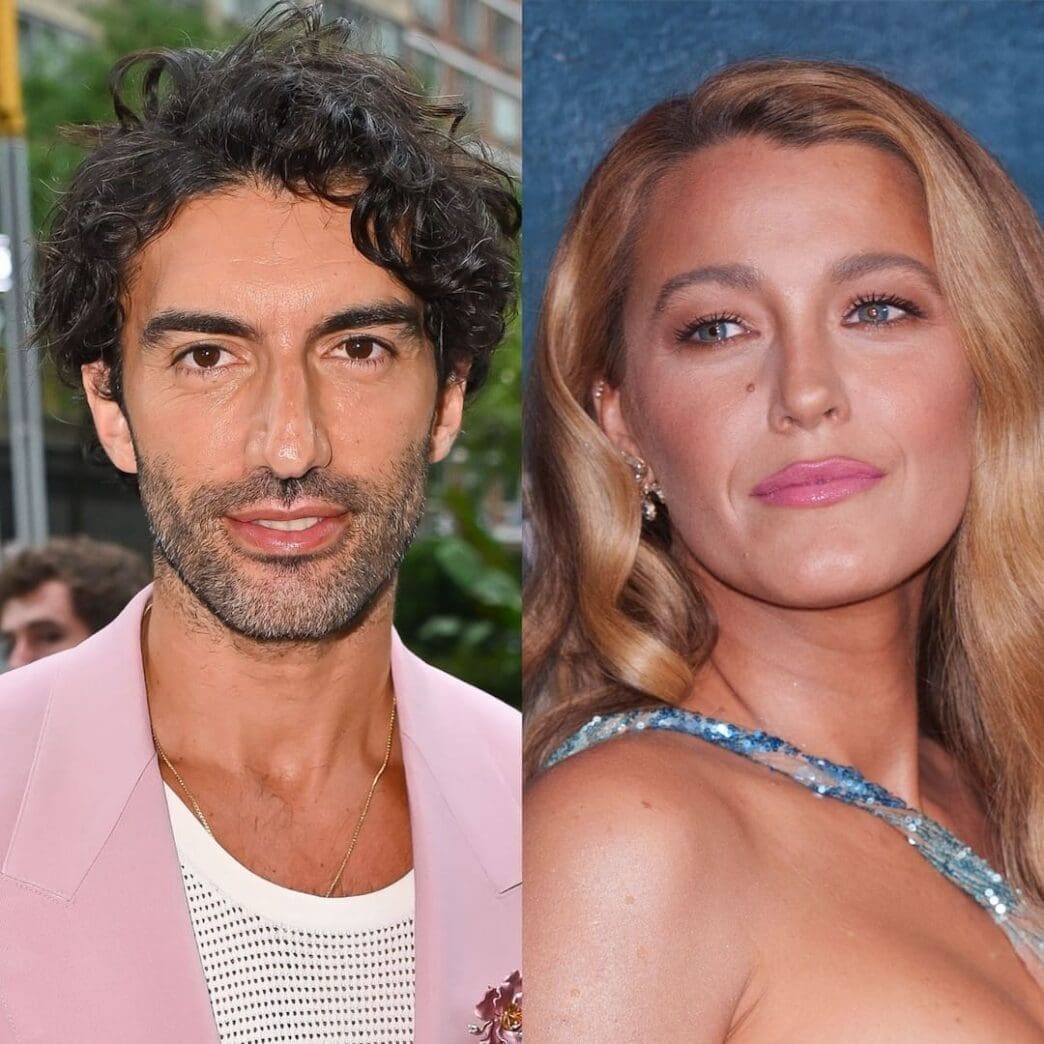In a dramatic turn, Blake Lively has escalated her legal action against Justin Baldoni, her co-star and director in ‘It Ends With Us,’ by filing a formal lawsuit. The move follows a recent complaint signaling a deeper conflict between the Hollywood figures.
Blake Lively has intensified her legal battle with Justin Baldoni just over a week after lodging a complaint with the California Civil Rights Department. The actress now accuses Baldoni, along with his team members, of causing her severe emotional distress and financial loss. Her accusations also extend to Melissa Nathan and Jennifer Abel, both associated with Baldoni’s production company, Wayfarer Studios. These allegations are similar to those she made in her earlier complaint, citing incidents of harassment and inappropriate behavior on the film set.
Interestingly, this legal move by Lively follows Baldoni’s own aggressive response—a $250 million lawsuit against The New York Times. Baldoni, supported by nine others, criticizes the publication for their report on Lively’s allegations, claiming it unfairly depicted him. His legal team argues that the Times neglected ethical journalism to please influential Hollywood personalities.
[instagram-embed-display instagram_id=’DD6RW0uRLWW’]
Lively’s recent legal filing refutes the notion that her previous actions were a strategic ploy to avoid direct litigation. Her attorney insists that these claims, made by Baldoni, are misleading and underscores the seriousness of her allegations. They reaffirmed their commitment to contesting the claims made against Lively by Wayfarer in court.
Support for Lively has poured in from her peers and industry colleagues. Authors like Colleen Hoover and notable figures like Robyn Lively, Paul Feig, and Amy Schumer have openly supported Blake through various social media platforms, stressing their belief in her integrity and professionalism. These voices emphasize the gravity of the issue and show solidarity in a hostile environment.
Despite the legal turmoil, figures like Bart Johnson express skepticism towards Baldoni, critiquing his public persona as contradictory to his private actions. Similarly, Amber Heard drew parallels between Lively’s situation and her own experiences with online hostility, highlighting the destructive power of social media narratives.
While Blake Lively and Justin Baldoni prepare to face off in court, the entertainment community remains divided. These legal challenges reflect broader concerns about workplace conduct and the power dynamics within Hollywood. As developments continue to surface, the implications extend beyond this particular case, potentially influencing industry standards and protocols.
Blake Lively’s legal action against Justin Baldoni marks a significant moment that could shape future industry practices. As both parties prepare for court, the outcome could have lasting effects on Hollywood’s approach to addressing misconduct and protecting those who speak out.
Source: Eonline – Instagram







